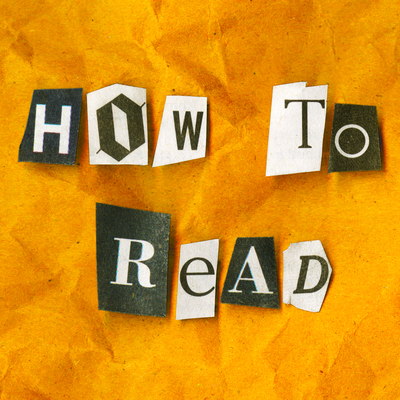After we finish reading a book, our memories of it quickly fade and can even get distorted. Andrew Elfenbein has studied how the things we read get transformed in memory. What we remember may diverge from what’s in the book, but that doesn’t mean we’re sloppy readers – we’re actually using highly sophisticated skills without even noticing. By understanding this process we can better appreciate how books live on in our minds long after we’ve read them.
Bonus clip
Click here to listen to a bonus clip of Andrew discussing how people we meet in real life reshape our memories of fictional characters – and vice versa.
Works mentioned
– Charles Dickens, Bleak House
Further reading
Erica Wickerson at The Independent – Detective fiction: Why do we care whodunnit?
The Guardian – Top writers choose their perfect crime
Ian Crouch at The New Yorker – The Curse of Reading and Forgetting
Website of Maryanne Wolf, director of the Center for Dyslexia, Diverse Learners, and Social Justice at UCLA – links to radio and podcast interviews on childhood literacy and the psychology of reading
Daniel Willingham – Cool Reading Facts 3: Reading Is Self-Taught. Partly.
